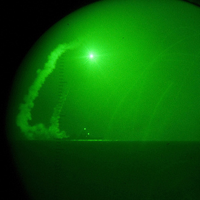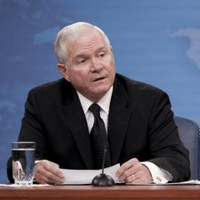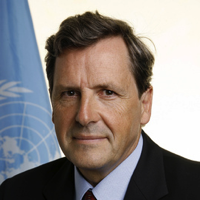
A stalemate has set in between President Barack Obama and the U.S. Congress over the president’s authority to initiate and continue combat operations against Libya. This should surprise no one. The limits on the president’s constitutional authority to wage war are as uncertain today as they were when the Constitution was ratified. Complicating this uncertainty is that pesky law passed by Congress in 1973 over President Richard Nixon’s veto: the War Powers Resolution (WPR). Enacted in response to the widespread belief that it had become far too easy for a president to commit the nation to war, the WPR sought […]




